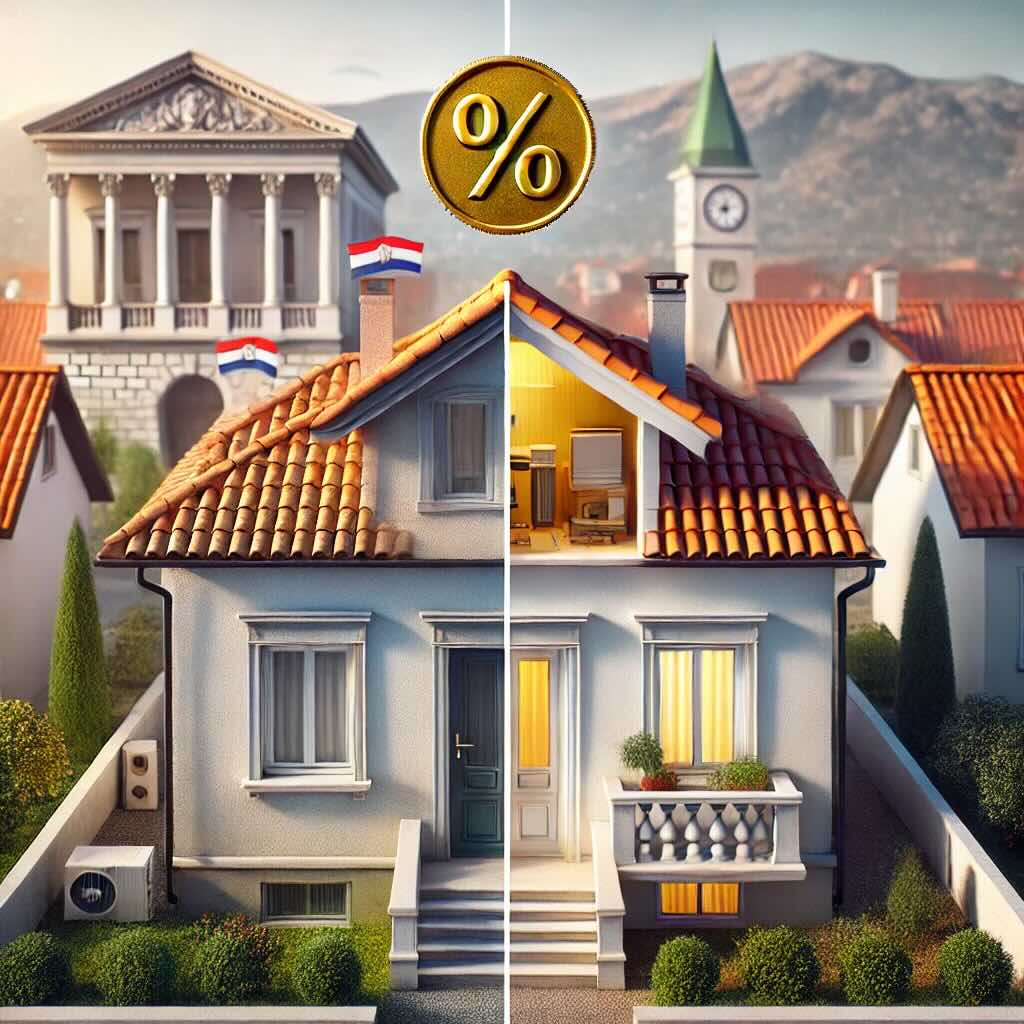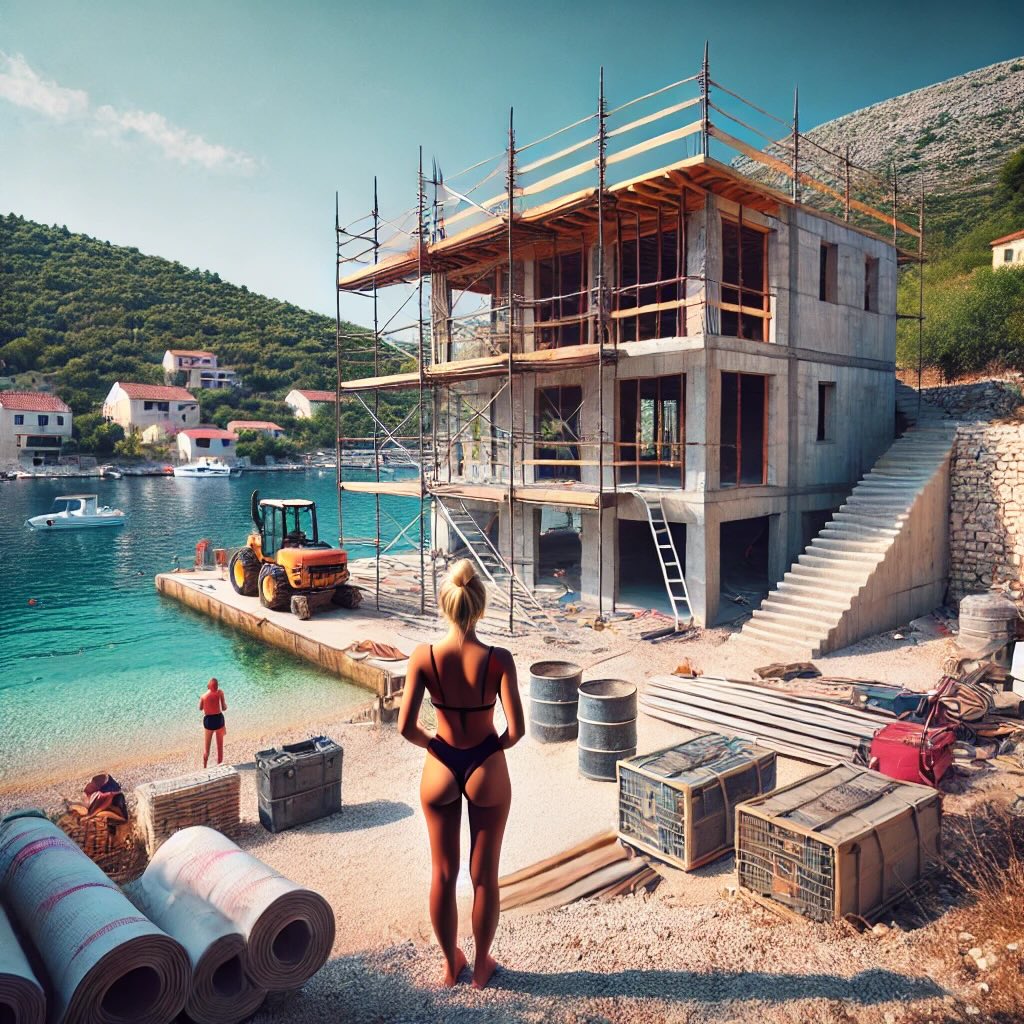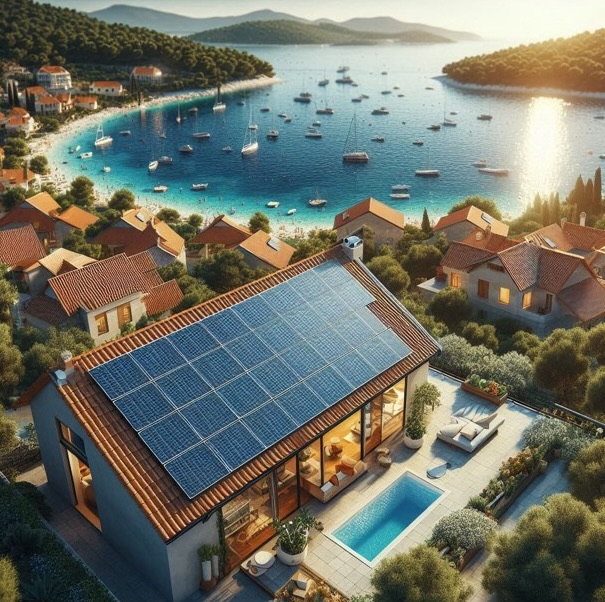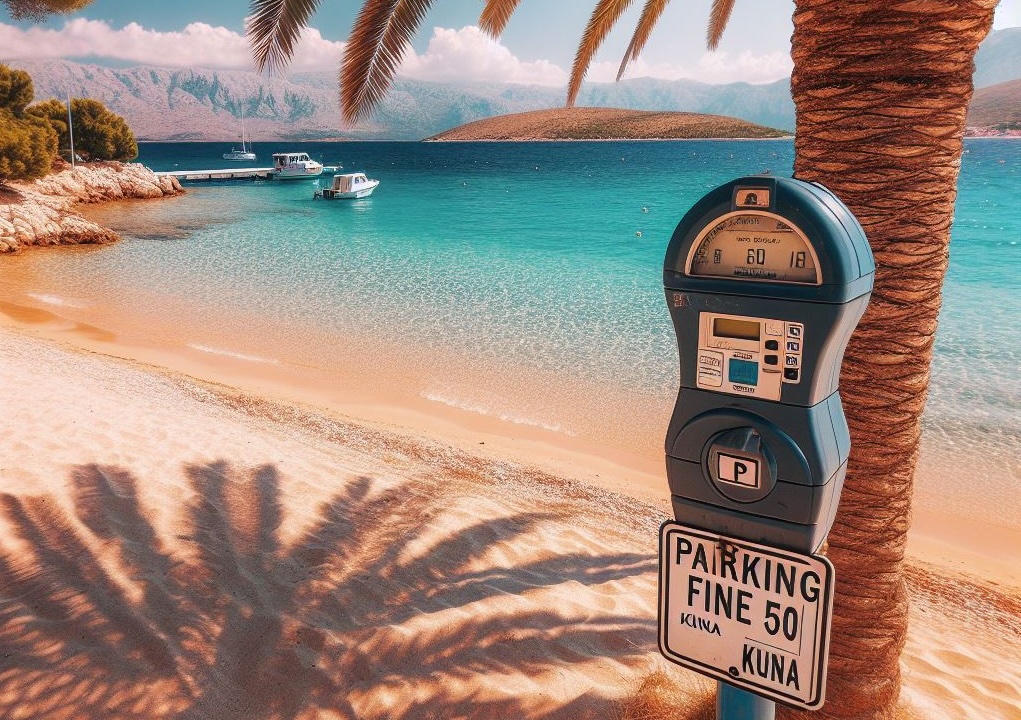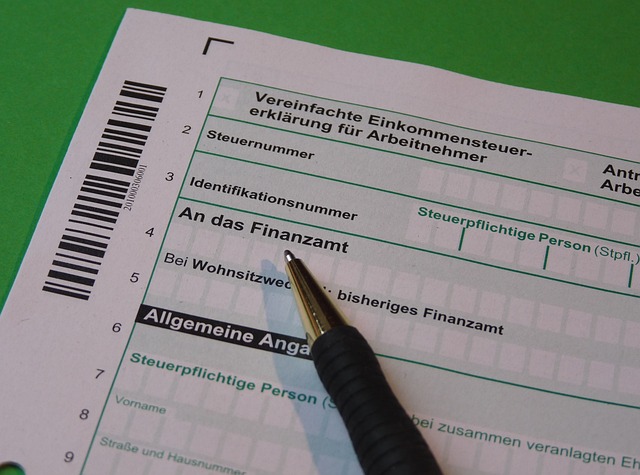
Besides plans to tax properties that are not permanently occupied or long-term rented, it appears that the current tax on vacation homes will be partially replaced by a property tax, as explained by Jurlina Alibegović.
“It is also expected that taxpayers will pay higher amounts than the current tax on vacation homes,” she adds.
Currently, owners of vacation homes, which are buildings, parts of buildings, or apartments used only occasionally or seasonally, pay a tax that, as of January 1, 2024, ranges from 0.60 to 5.00 euros per square meter of usable area.
In some municipalities, the vacation home tax is not collected
The amount of tax that owners pay depends on the decision of the municipal or city council where the property is located. However, Jurlina Alibegović points out that many municipalities do not collect this tax at all.According to data from the Tax Administration, the vacation home tax is not implemented in 94 local governments, meaning that owners of vacation homes in these areas are not required to pay this tax. Therefore, municipalities and cities do not collect any revenue from this tax.
In 57 municipalities and cities along the Adriatic, however, the vacation home tax is collected at the maximum rate of five euros per square meter, as she further reports.
What is the real impact of this tax on budgets?
The key question is how much of the municipal and city budgets' revenue is generated by the vacation home tax. In 2019, this tax brought in 19 million euros, while last year it was 24 million euros, which corresponded to about 0.5% of total budget revenues.It is also a question of how much of these revenues were used to improve public services and infrastructure. Jurlina points to the decreasing share of expenditure on investment in communal and social infrastructure. Whether the situation changed in 2024 will become clear after the publication of this year's data on municipal and city budgets.
Although the reasons for introducing the property tax are not entirely clear, taxation theory and the experiences of other countries show us various advantages and disadvantages of this tax. It is not possible to mention all aspects, so only the most important ones are listed here.
Taxes are always perceived as a burden
Taxpayers never pay taxes with enthusiasm, especially property tax, which is visible and often collected once a year. Property owners often do not see the direct benefit of this tax, they do not know exactly what their money will be used for, which creates a sense of injustice.Is property tax fair?
The question of the fairness of property tax often arises. The same tax rate applies to different types of properties regardless of the differing tax capacities of their owners. Moreover, it represents a greater financial burden for residents with lower incomes.In some countries, exemptions from property tax are applied to certain groups of residents, for example, based on income or age, to mitigate these negative impacts.

















